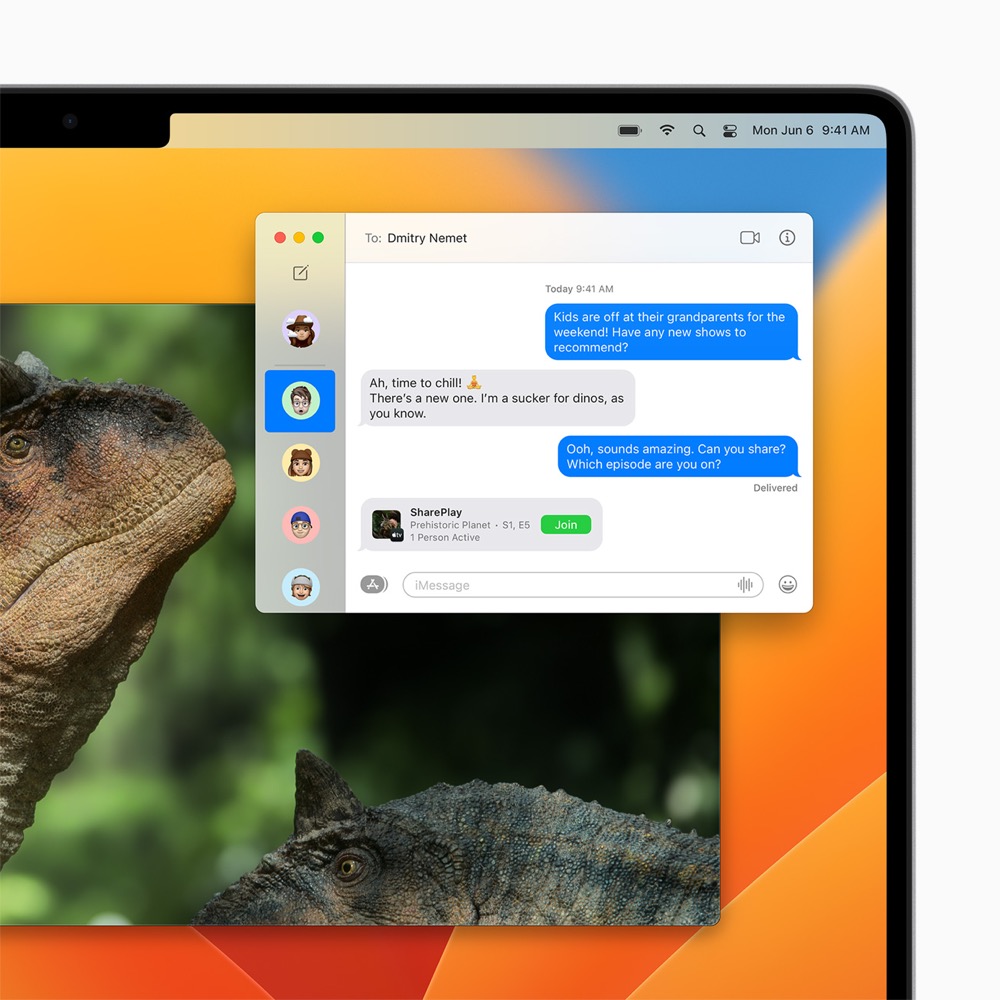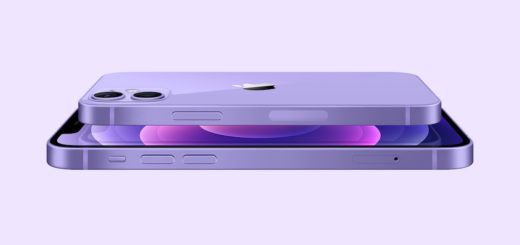Why Apple’s adoption of RCS will change the industry

Apple shocked us when it said it will support the Google-championed RCS standard in iMessage at some point next year. It suggests willingness on its part to open up some of its services as it grapples with regulatory pressure.
Did you get the message?
The news has generated plenty of reaction. Fight for the Future thinks it is essential to protect privacy in a changing world. Industry insiders hint that it could turn into new cross-industry standards, while analysts suggest shows the extent to which the EU has become a global regulator in tech.
But one other take away is that it means RCS will eventually replacec SMS messaging. Inderpal Singh Mumick, CEO of Dotgo, the world’s largest RCS business messaging hub said “Apple’s support for RCS will turbo-charge RCS adoption amongst consumers, brands, and carriers and take it close to 3 billion unique users by 2024.”
Let’s talk about privacy
There are really important implications on privacy, pointed out Caitlin Seeley George at Fight for the Future, who welcomed Apple’s move.
“This move makes it possible for cross-platform messages to be end-to-end encrypted—a security feature that would protect a whole host of vulnerable groups, including pregnant people, LBGTQ+ people, activists, immigrants, and journalists.”
She makes a poweful point, as she explains.
“In a world where privacy is under attack, and police can force companies to share anyone’s personal messages, we cannot take the importance of secure messaging lightly. Earlier this year, a mother and daughter in Nebraska were found guilty and served jail time because police used their unencrypted Facebook messages to charge them for facilitating and getting an abortion. Since then, even more states have passed anti-abortion and anti-trans laws, and there is no question that people in these states will be prosecuted with evidence from unencrypted messages—simply for asserting their human right to bodily autonomy.”
These are real people, so for them, “For all those whose rights are being used as political talking points, Apple’s announcement today is a bit of a bright spot. This could really make a difference when it comes to their safety,” she said. And that difference is an international bright spot.
The industry speaks
Ardit Ballhysa, Technology Analyst at GlobalData, explains: “iMessage will remain an exclusive feature for Apple users and will not make its way to other platforms. Instead, RCS will replace SMS and MMS on iPhones when possible and work alongside iMessage. By this point, you may have already figured it out. The green and blue bubbles affair is not going away – this has been confirmed by Apple.”
He may be right, but Dario Betti, CEO of the global mobile industry trade body, the Mobile Ecosystem Forum (MEF) said, “The announcement is too late to provide a real worry for a player such as WhatsApp. The change will not affect its usage base immediately. If Google and Apple were to back the service for deeper device integration in future, that might represent a challenge for Meta and other messaging companies.”
Betti cites user experience, increasing use of RCS and regulation as three primary reasons behind the Apple decision. MEF estimates claim there are already 1.2 billion devices that support RCS in use.
The direction of travel as seen by both pundits is one in which more work will be done to build industry standards for secure encrypted messaging in future. After all, when faced with laws that reduce the user experience, Big Tech will work together to get closer to the vision.
Is EU now the global tech regulator?
Ballhysa also said, “The EU’s landmark Digital Markets Act (DMA) has so far proven to be the single most influential regulatory legislation for reigning in big tech in history, most recently convincing Apple to abort its proprietary Lightning charging port for the universally accepted USB-C. It is no coincidence that Apple chose to support RCS during a time in which the EU is assessing whether iMessage should fall under the category of a gatekeeper service.
“If iMessage is designated a gatekeeper service, Apple will be compelled to make iMessage accessible on other platforms, including Android and Windows, or face a fine of 10% of its global annual turnover. In the face of this and given the importance Apple places on iMessage as a key ecosystem enabler, the company is clearly hoping that its adoption of RCS will persuade the EU to not designate iMessage as a gatekeeper service.
“Following this, we are presented with a question. Should the EU’s influence in regulatory matters extend so far beyond its own borders? Is the EU becoming a global regulatory body? By exerting such strong influence on companies way beyond its borders, the answer is seemingly yes. Five of the six companies listed as gatekeepers under the DMA are US companies – Alphabet, Amazon, Apple, Meta, Microsoft. The remaining gatekeeper is ByteDance, a Chinese company. The European policymakers will justify their geopolitical impact by stressing the DMA protects consumers and makes technology more accessible. The opposing side will claim that the ends don’t justify the means, that the EU’s regulatory body should not supersede other regulatory bodies with their own legislation.”
Please follow me on Mastodon, or join me in the AppleHolic’s bar & grill and Apple Discussions groups on MeWe.




